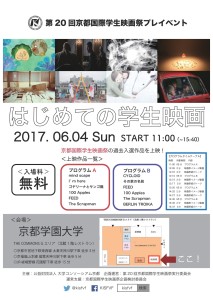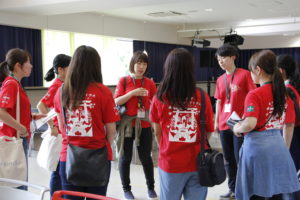
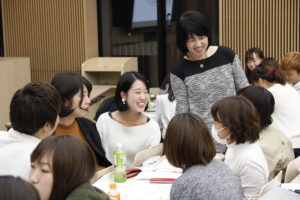
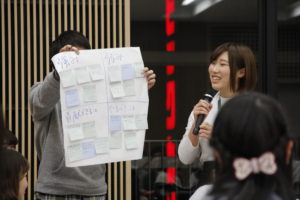
The report of the “Survey on Growth through the Activities of the Kyoto Student Festival Executive Committee II” conducted in 2016 will be published on the following page.
The activities of the Kyoto Student Festival Executive Committee are unique in that they are extracurricular activities conducted in cooperation with the society at Intercollegiate. In a survey conducted in 2015, we quantitatively and qualitatively, subjectively, and objectively analyzed how the students of the executive committee grew as a result of these activities, and it was confirmed that the students of the student festival executive committee had significantly improved their “collaborative skills.”
This survey, which was conducted in 2016, was a continuation of the survey from 2015, and re-analyzed how students grow, and examined the effects of cooperation with the local community from the perspective of growth through intercollegiate activities, which was the theme until last year.
| theme | “Survey on Growth through Activities for Kyoto Student Festival Student Executive Committee Members II.” |
| Principal Investigator | Kyoto Bunkyo University, Faculty of Social Sciences, Professor Masami Mori |
| Research Members | Bukkyo University, Department of Sociology, Associate Professor, Mitsuo Otsuka Ryukoku University, Faculty of Sociology, Associate Professor Kenki Kasai |
| URL | Survey and Report on the Growth of the Kyoto Student Festival Executive Committee |
| Survey Report | FY2016 Survey Report (Reference)FY2015 Survey Report |
Activities
If you would like to know more about the Kyoto Student Festival, check out this site!
Contact us
University Consortium Kyoto, Student Exchange Division, Kyoto Student Festival
TEL 075-353-9189 FAX 075-353-9101
〒600-8216 Shimogyo-ku, Kyoto-shi, Nishitoin-dori, Shiokoji, Shimo-ku, Kyoto, Campus Plaza Kyoto
* Reception hours: Tuesday ~ Saturday 9:00 ~ 17:00















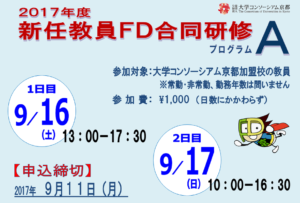
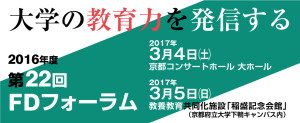
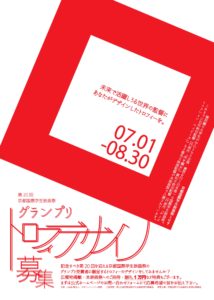
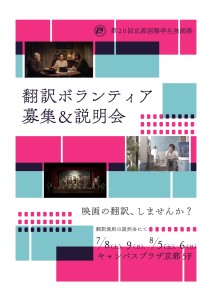
![s-2011070322545017903[1]](https://www.consortium.or.jp/wp-content/uploads/kif/20102/s-20110703225450179031.jpg)



